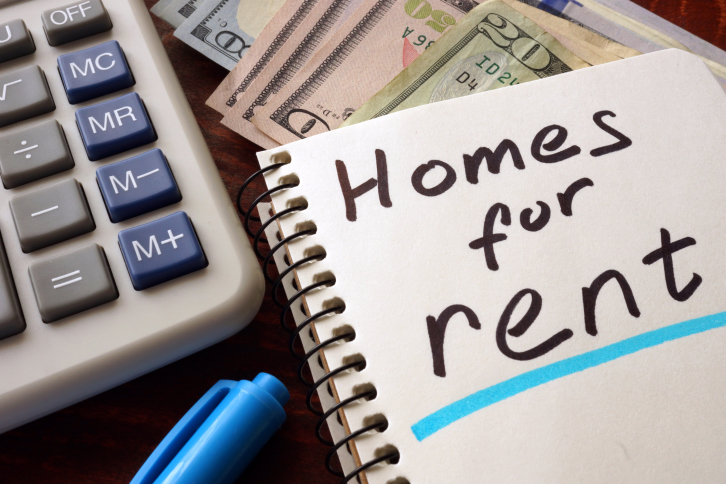What’s Ahead For Mortgage Rates This Week – January 9, 2023
 Last week’s economic reporting included readings on minutes of the most recent Federal Open Market Committee meeting and its customary post-meeting press conference, labor-sector data on public and private-sector jobs, and the national unemployment rate. Weekly readings on mortgage rates and jobless claims were also released.
Last week’s economic reporting included readings on minutes of the most recent Federal Open Market Committee meeting and its customary post-meeting press conference, labor-sector data on public and private-sector jobs, and the national unemployment rate. Weekly readings on mortgage rates and jobless claims were also released.
FOMC Meeting: Policymakers seek a balance between high inflation and rising rates
The minutes of the Federal Open Market Committee meeting held on December 13 and 14 reflect committee members’ concern over controlling rapidly growing inflation while avoiding a recession. While committee members said that they made “significant progress” in raising rates to cut inflation, members said they needed to avoid raising rates too fast and creating a recession. Policymakers asked for “flexibility” from investors and consumers.
The Fed’s monetary policy actions depend on economic developments; if high inflation persists, policymakers will likely continue raising the Fed’s target interest rate range. If inflation eases, so will the Fed’s pace of raising its target interest rate range. The Fed re-asserted its goal of achieving two percent inflationary growth. The meeting minutes emphasized that the Committee’s decision to slow the pace of interest rate growth did not indicate any changes to the Fed’s goal of two percent inflation.
Mortgage rates rise, jobless claims fall
Freddie Mac reported higher mortgage rates last week as the average rate for 30-year fixed-rate mortgages rose by six basis points to 6.48 percent. The average rate for 15-year fixed-rate mortgages was five basis points higher at 5.73 percent.
204,000 new jobless claims were filed last week, which fell short of the expected reading of 223,000 initial claims filed and the previous week’s reading, also of 223,000 first-time claims filed. Continuing jobless claims fell to 1.69 million claims filed as compared to the previous week’s reading of 1.72 million ongoing claims filed.
The national unemployment rate fell to 3.5 percent in December as compared to 3.6 percent n November and the expected unemployment rate of 3.7 percent.
What’s Ahead
This week’s scheduled economic reporting includes readings on month-to-month and year-over-year inflation and weekly readings on mortgage rates and jobless claims.
 Many people view their furry friends as members of the family. If you have pets at home, you need to make sure they are well taken care of. That means taking a closer look at an important pet safety checklist. What are a few of the most important items you need to include on this checklist if you want to make sure your dogs and cats are safe?
Many people view their furry friends as members of the family. If you have pets at home, you need to make sure they are well taken care of. That means taking a closer look at an important pet safety checklist. What are a few of the most important items you need to include on this checklist if you want to make sure your dogs and cats are safe? If you’re at the stage in life where home ownership is nearly within your reach, you’re probably wondering whether you should start looking for a home or whether you should just keep renting. Renting is easier, people say, and it gives you more mobility. But over the long term, all that rent money can really add up – and it eventually reaches a point where buying a home is a better deal.
If you’re at the stage in life where home ownership is nearly within your reach, you’re probably wondering whether you should start looking for a home or whether you should just keep renting. Renting is easier, people say, and it gives you more mobility. But over the long term, all that rent money can really add up – and it eventually reaches a point where buying a home is a better deal.